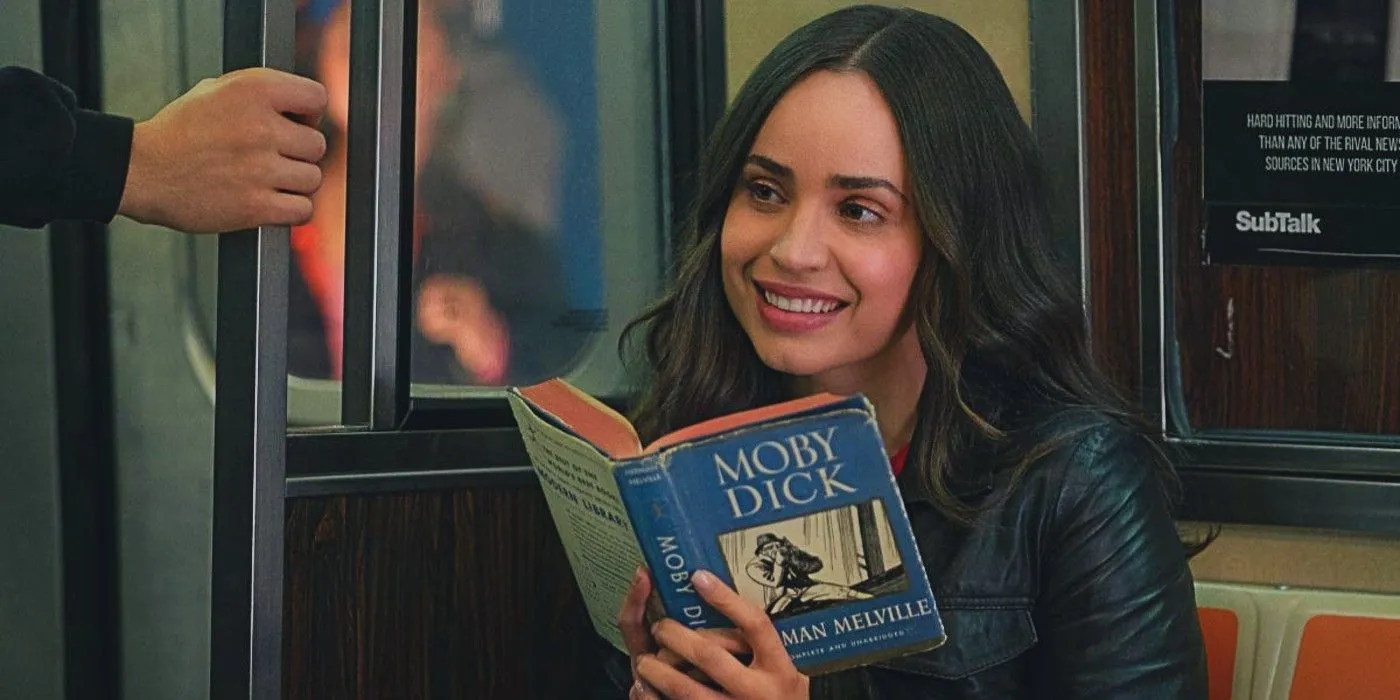When I settled in to watch The Life List, I was bracing myself for a typical streaming film, shaped more by optimism than depth. My expectations stemmed from a somewhat jaded perspective, as many originals in this genre tend to wrap their stories in a thin layer of sentimentality. These movies often reveal their endings long before the credits roll—almost predictable from the moment the play button is engaged.
However, despite some superficiality, I found myself pleasantly surprised. There is a unique warmth to The Life List that makes it an ideal choice for a leisurely Sunday evening. While I may not revisit it frequently, the film possesses certain charms that I believe will resonate with a broad audience. Much of its appeal can be credited to Sofia Carson, who continues to establish herself as a formidable talent within the Netflix landscape, following her notable performances in titles like Purple Hearts and Carry-On.
This film draws its narrative inspiration from the book by Lori Nelson Spielman, setting the stage for an exploration of life’s unfulfilled ambitions.
Directed by Adam Brooks, The Life List introduces us to Alex, played by Carson, who finds herself entrenched in stagnation. Once a passionate teacher, Alex is now settled with an immature boyfriend and seems reluctant to break free from her comfort zone. While the film sometimes leans on character dialogue to depict her struggles more than showing them, it’s evident that she’s yearning for a shift. This catalyst for change tragically arrives through the loss of her beloved mother, Elizabeth, portrayed by Connie Britton.
The Life List’s Central Conflict Lacks Depth
Yet It Offers a Meaningful Insight
Upon her mother’s passing, Alex assumes she’ll inherit Elizabeth’s business or, at the very least, secure the position her mother envisioned for her. Instead, legal counsel Brad (Kyle Allen) delivers disappointing news—Alex stands to gain nothing upfront. Elizabeth has left behind a series of videos, and to receive her inheritance, Alex must first fulfill a ‘life list,’ which consists of goals she created during her childhood. This list includes ambitions like “try stand-up comedy”and “become the best teacher possible,”reflecting the idealism of youth.
Initially dismissive, Alex soon dives into these tasks with unexpected enthusiasm. Considering her state of inertia, it seems almost surprising how swiftly she embraces new endeavors. The narrative doesn’t delve deeply into the roots of her stagnation; whether it’s underlying mental health issues like anxiety or depression remains largely unexamined. This oversight slightly diminishes the film’s impact; if Alex’s rediscovery of her love for teaching or enthusiasm for piano feels so effortless, could she have really been that stuck?
Nonetheless, the core message of The Life List resonates well: it offers a gentle reminder to reflect on one’s life journey and take actionable steps toward personal fulfillment. For viewers, particularly those in their late 20s, this theme can evoke a profound understanding of life’s potential and the importance of pursuing change.
Sofia Carson & The Supporting Cast Enhance The Life List
A Truly Heartwarming Experience

While the story dances on the edge of sentimentality, it is expertly grounded by Carson’s nuanced performance. Her character, Alex, is not without flaws and aspirations, which Carson navigates with commendable strength. Although Britton’s role is primarily through pre-recorded video messages, her inherent maternal warmth accentuates the film’s cozy ambiance.
As Alex navigates her romantic interests, her dynamic with Brad, played by Kyle Allen, stands out as particularly engaging. Their relationship develops naturally, adding a relatable, intimate layer to the film. The Life List avoids unnecessary twists or prolonged drama, offering a simple, relaxing cinematic journey that leaves a gentle mark on the viewer’s heart.


